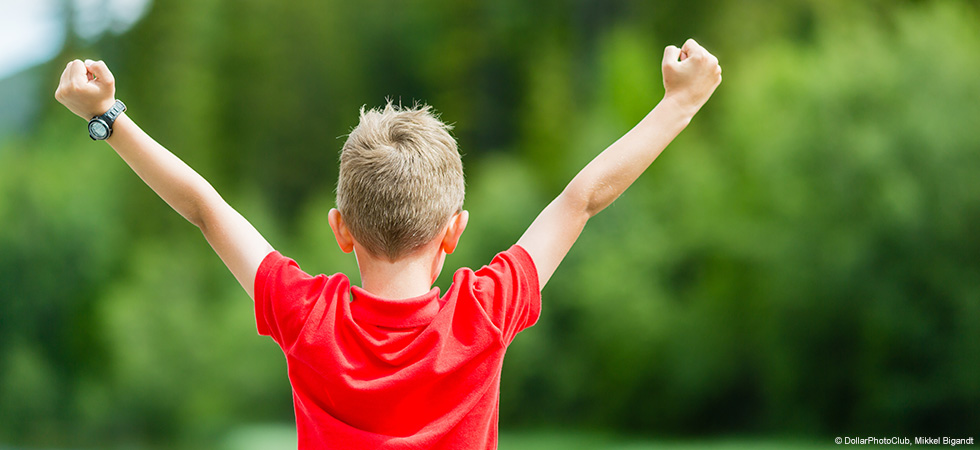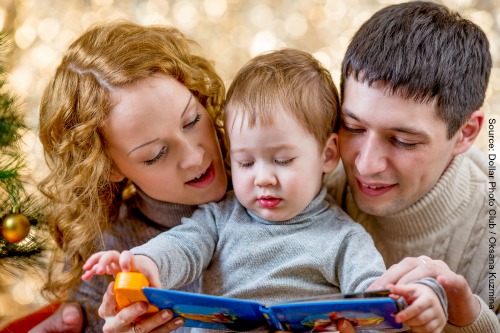
Puzzles have always offered fun family entertainment, but did you know they also help your child’s development? These fantastic learning tools help children develop cognitive skills, fine motor skills, and so much more. In addition to these skills, completing a puzzle gives a child a sense of accomplishment, encouraging self-confidence. Children love to play and explore. At a very young age, children are curious about the world around them. By introducing puzzles into your child’s playtime, you may see profound physical and emotional developments. Learn about some of the specific ways puzzles can directly benefit your child and boost your child’s growth!
5 Ways Puzzles Help Your Child Grow
Personalized puzzles boost a child’s patience and self-confidence.
Puzzles are helpful learning tools, but personalized puzzles are even better! Personalized puzzles that feature the child’s name are especially fun and engaging. Little ones will love seeing their name appear as they put all the pieces together. A 24-piece jigsaw puzzle like My Very Own Trucks is a perfect learning activity for little ones, with large puzzle pieces for small exploring hands. Seeing their name appear is a perfect reward for their hard work. And families can use these puzzles as helpful spelling tools, to teach their child how to spell their name.
For older children, 500-piece puzzles teach an important lesson about patience. It takes time to put every piece together, and requires other skills like problem-solving, memory, and spatial awareness. But when completed, kids will realize they can do hard things and feel a great sense of accomplishment and self-confidence. A custom puzzle like My Family Tree offers a beautiful reward. When all the pieces come together, kids will see their family names displayed on every branch. A personalized photo puzzle is the perfect way to capture family memories and enjoy an activity with the whole family!
Puzzles improve problem-solving skills.
Puzzles are fun games, but they also teach children about a larger concept: how to solve a problem. When presented with so many pieces, children must strategize to figure out how all the pieces fit together. When a piece doesn’t fit, they must make decisions in the moment and move forward. Puzzles are perfect learning tools for teaching little ones how to accomplish tasks. As children learn this skill, they will be better able to perform larger tasks like cleaning up a spill, buttoning their clothes, grabbing a snack or finding a lost toy. When children learn problem-solving skills, they become more independent. They can rely on themselves to work through a problem and succeed. This leads to a sense of accomplishment, which in turn builds a child’s self-esteem.
Puzzles help with goal setting and patience.
Puzzles present a simple and defined goal: put the pieces together to complete the image. Kids are presented with a fun challenge where the goal is clear. They must use their critical thinking skills to work toward the goal. Preschoolers typically don’t need to set many goals for themselves, because many things are done for them. So puzzles may be one of the first times they are presented with a challenge where they need to set a goal. Goal setting is important because it teaches children about hard work and rewards. This skill will help them later in life, when they will set more educational goals or personal goals. In addition, goal setting helps teach and build a child’s patience. Little kids can become frustrated easily. This is, in part, because their motor functions are still developing. Puzzles teach a child to be patient. Every puzzle piece is another small success toward the goal. As your own child puts the pieces together, celebrate these small victories to build their confidence and reward their patience.
Puzzles teach sorting and organizational skills.
Puzzles teach children the basics of sorting, which also improves their ability to organize. Little kids will learn to sort puzzle pieces based on shapes and colors. A parent or grandparent can also suggest this to the child, to help them problem solve. By sorting their pieces, little kids will discover that they are more organized. Sorting makes it easier to locate the right pieces for each space. In turn, this skill will help improve a child’s spatial awareness and shape recognition. All of these skills prepare kids for school learning. As kids learn how to recognize shapes and organize them, they will be better equipped to learn letters and numbers. They can use the same strategies with puzzles as they do with learning the alphabet.
Puzzles build memory power.
Puzzles can help improve a child’s short-term memory. As the child tries different pieces, they may remember a previous piece that has the color and shape they need. The child will locate that piece and pop it in. Puzzles keep the mind active and engaged. To further their memory building skills, children should try putting the same puzzle together repeatedly. Each time they do, they boost their memory by remembering where certain pieces go. Each time, it becomes easier to remember where to put the pieces. This memory practice is beneficial for preschoolers and older children.
We hope this guide has helped you discover all the ways puzzles boost a child’s development!
Resources:
https://premiumjoy.com/blog/advantages-of-puzzles-for-child-development/




